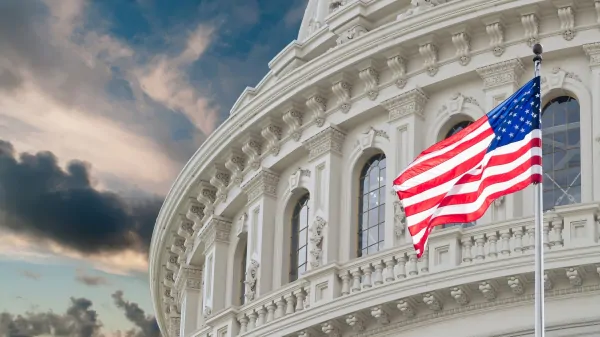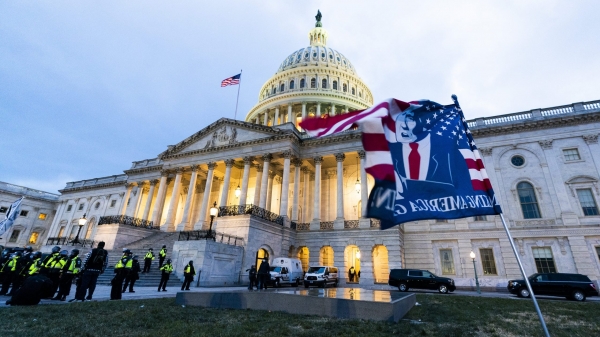By Brandon Moseley
Alabama Political Reporter
Tuesday, May 26, the Senate Finance and Taxation Committee introduced and passed a number of bills that they hope will generate more revenue for the State’s struggling General Fund.
The first of these is not a new tax; but rather moves existing tax dollars from the Education Trust Fund to the General Fund. Senate Bill 496 as introduced by Chairman Arthur Orr (R-Decatur) will increase receipts to the State General Fund (SGF) and decrease receipts to the Education Trust Fund (ETF) starting June 1, 2015, by changing the distribution of the use tax and the remote use tax. Currently the SGF gets 75 percent of the Remote Use Tax and 25 percent of the Use Tax. The ETF only gets 25 percent of the Remote Use Tax, but 75 percent of the Use Tax. Orr’s plan would change that to an even split of each tax 50: 50. According to the Fiscal note the proposed distribution will increase receipts to the SGF by $26,000,000 in Fiscal Year 15 and $80,000,000 annually thereafter and correspondingly decrease receipts to the ETF by the same amounts.
Chairman Orr told reporters that the ETF budget passed by the legislature is the biggest in recurring dollars in state history will have a $100 million surplus in the stabilization fund at the end of this fiscal year and that that grows to $260 million by the end of the next fiscal year.
Legislators often point to the fact that most of the growth taxes are in the ETF; but those growth taxes are also highly volatile in nature in regards to the state economy. If the economic projections are right then a growing economy produces more employment and higher wages…if the economy however declines (and recessions have occurred ever seven years on average since 1929), then those revenue projections for 2016 will be far from accurate. A $260 million stabilization fund sounds like a lot of money but that is only 4.4 percent of the ETF which is actually very small for an emergency fund. 25 to 50 percent of annual income is the standard recommended emergency fund for both personal and business finances.
According to the bill, it is hoped that a national agreement resulting in more remote use tax (i.e. sales taxes on over the internet purchases) collected will ultimately blunt much of the loss of revenues for the ETF by the loss of in-State use taxes (what people not writing bills in the legislature call: sales taxes). Of course if that were certain to actually happen there would be no reason to introduce this bill as the General Fund currently would receive 75 percent of any increased internet sales taxes (the Remote Use tax).
Orr hopes that his bill will be passed by the State Senate on Thursday and is passed by the House early next week so that he can introduce a much beefier General Fund Budget on the floor of the Senate next Thursday, June 4.
Chairman Orr said that this bill alone would give the State enough money to level fund Medicaid and the Department of Corrections at 2015 levels, which are his first two budget priorities followed by Forensics. The State only has four legislative days left to finish its work on the 2016 General Fund budget.























































